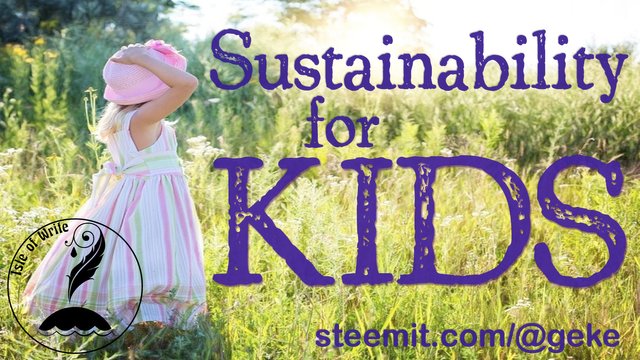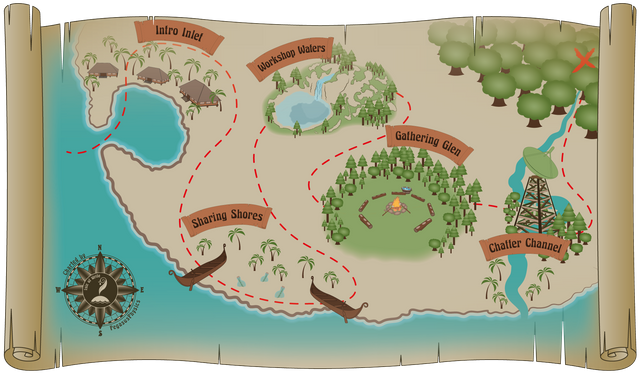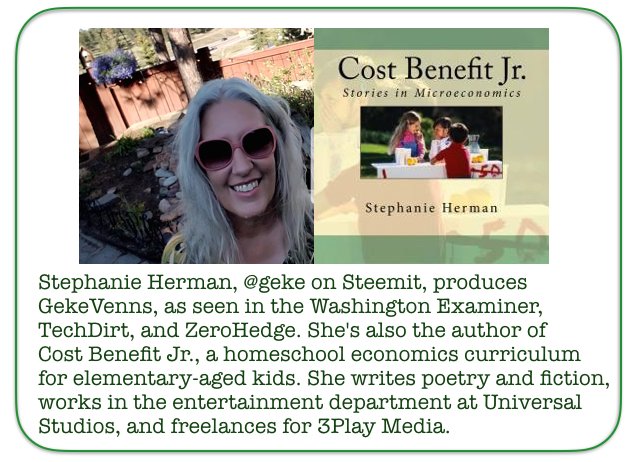Sustainability for Kids: factory farms

Part 1 | Part 2 | Part 3 | Part 4 | Part 5 | Part 6 | Part 7
The New Deal's agriculture policies, implemented by the Agriculture Adjustment Administration and the Farm Security Administration, were probably the worst policies created by the New Deal. They promoted unbelievable levels of waste in our society and ushered in a new tolerance for non-sustainable practices.
The Agricultural Adjustment Administration enforced New Deal laws that were passed to keep agricultural prices artificially high. In the last installment of Sustainability for Kids, we talked about how the designers of the New Deal didn't want lower prices to help the poor purchase necessities. They wanted to keep prices high. This was harmful to the poor, but it allowed big business to increase profits in a time when market forces would have naturally lowered corporate profits.
FDR, advised by John Maynard Keynes, was worried that farming suffered from overproduction. So the New Deal set out to reduce the surpluses of field corn, wheat, rice, tobacco, cotton, peanuts, rye, flax, sorghum, barley, potatoes, sugar beets, and sugar cane. One way they did this was to pay farmers not to grow these crops.

These payments were a form of government subsidy. Normally, a subsidy (according to the dictionary) is a “sum of money granted by the government to assist an industry or business so that the price of a commodity or service may remain low or competitive.” (emphasis added) In this case, though, the subsidy was for the opposite purpose: to keep the price of crops high.
As a result of paying farmers to stop growing certain foods or utilizing all the acres of their land, many farm hands known as “sharecroppers” lost their source of income. The AAA law required the government to pay sharecroppers some of the subsidies, but Congress complained about this and the law was reinterpreted in a way that stopped the government from paying the sharecroppers. The subsidies were then reserved for only the owners of the farms.
Meanwhile, the Farm Security Administration was buying up a lot of the land owned by poorer farmers, then moving these farmers to “group” farms, which were now owned by business interests or the government.
Even after the New Deal policies ended, farm subsidies continued, often paying farms to produce a specific crop. Since the 1930s, the number of US farms has fallen from 7 million to 2 million, while the average farm size has increased from 150 acres to more than 500 acres. Farm subsidies weren't determined by poverty levels or weather conditions. They were determined by crop and crop size. So huge factory farms in the decades following the New Deal got most of those subsidies.
Factory farms often then used their subsidy monies to buy out smaller farms, causing factory farms to get bigger and the agriculture industry to become more and more consolidated. And we can pinpoint the source of the large factory farm and its unsustainable farming practices to the policies put in place by the New Deal.
Another way the government reduced surplus crops under the New Deal was to destroy the food already harvested. Oranges, for example, were doused with kerosene to prevent people from eating them. The government also implemented “emergency livestock reductions.” Hogs and cattle were purchased from farmers by the government, then shot and buried in large pits in Nebraska.
The acts of waste carried out by these farming administrations were shameful. While the government was destroying surplus food, many poor people in the United States died of starvation. It was also a very unsustainable method for the government to generate “wealth” and try to improve economic conditions. Many economists disagree that the New Deal policies helped the economy at all and argue they may have actually prolonged the Depression for several more years.
But these arguments didn't matter to the pro-consumption Keynesian economists advising our government because our government had become unsustainably corporatist. That's a term and an idea we'll explore next time.
This article is one of a series I'm writing for the 30 Day Writing Challenge hosted by @dragosroua. If you want to join, write on a topic that interests you or that you'd like to learn more about and use the tag #challenge30days. As Dragos says, "The key word sequence here is: "write every day."

Think you'd like to wash up on our shore?
The treasure map will bring you right to our door!


That is the consequence of the capitalist economic system
No, Keynesian consumerist policies have nothing to do with capitalism. They have to do with government policies designed to circumvent capitalism and the naturally occurring, decentralized market forces that prevent overproduction and overconsumption. Capitalism is about firms and consumers competing with one another for access to resources. The New Deal and Keynesian economics were about stopping the "destructive" competition that keeps consumerism in check. Once the competition -- which is a capitalist phenomenon -- was stopped, corporations were allowed to collude, keep prices high, create barriers so small business could no longer enter certain industries. And of course inflating the money supply is a government act that has nothing to do with capitalism, a system that prefers sound money pegged to a limited resource. A free market system doesn't produce consumerism and unsustainable processes. A corporatist, Keynesian, governmental system produces consumerism and unsustainable processes.
If the goal as you write it is very good, but only the model of the policy that should be reviewed ... it's just an idea from me
Wonderful post, @geke. 100% Upvoted and Resteemed. Factory farms are the source of so much pain and suffering in this world. It looks like something may be turning a corner in this filthy pay-NOT-to-play farm scam under the Trump Administration. Let's hope. It's so important that we all grow veggies when we have a bit of earth to farm and support our local organic growers and shop as locally as possible. Very well written, article, thank you!
Agriculture is the only way in which the third class citizens can live their lives. But there has been a tendency for some big businessmen to oppress smallholders. These big businessmen have become problem they are deciding what price want to buy a crop to small farmers and the government does not address these important issues. Despite buying at a low price but they sell at a high price to consumers this has been a major problem concern for the agricultural sector in African Countries.
This is fascinating- I don't think I had ever heard about these things during the New Deal era. The things they don't teach in schools.
Yeah... that's why I homeschooled (no offense - lol) ❤
thanks for the amazing post!!
Kids ar ejust so sweet that every one loves them, great piece of content you have written , say blessed